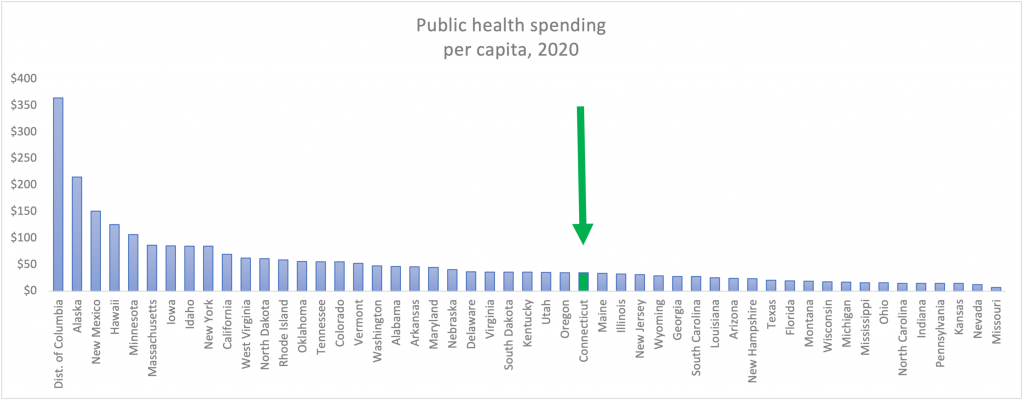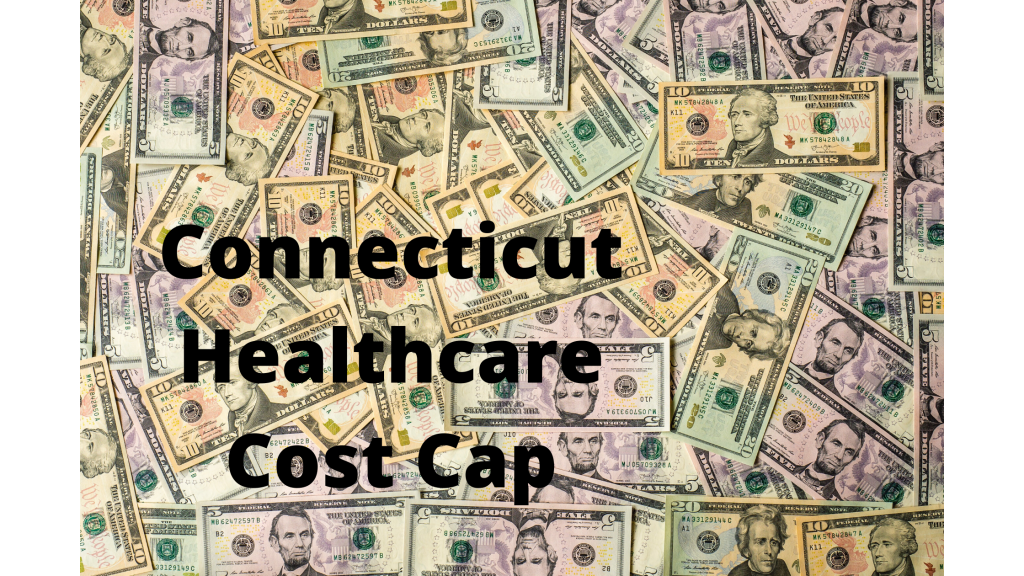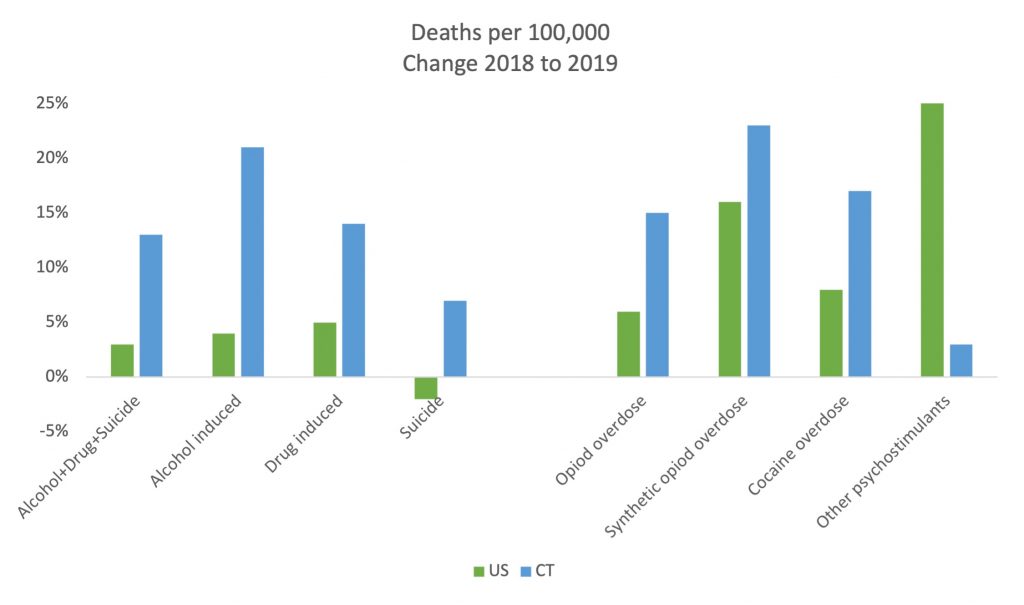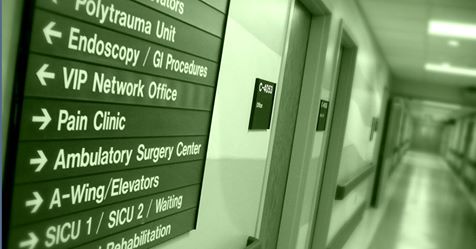quality
CT remains behind surrounding states in public health support
According to a new analysis by SHADAC, Connecticut remains behind our neighboring states in per person spending on public health. The pandemic has spotlighted the critical roles of public health including emergency preparedness, disease prevention, population health monitoring, and health promotion. Public health has been responsible for most of the increases in life expectancy in…
Read MoreOHS committee considering dumbing down successful PCMH standards
Among other troubling plans, the Office of Health Strategy’s Primary Care Subgroup is considering four options to certify high-performing primary care practices for higher levels of reimbursement. The committee is deciding how to double spending on primary care while simultaneously capping healthcare cost growth. At their meeting this week, the committee of mainly primary care…
Read MoreVery helpful data Roadmap to promote health equity in CT
While residents of Connecticut’s minority communities face significant disparities in health outcomes compared to white state residents, there has been no consistency or standardization of Race, Ethnicity and Language (REL) data collection. A new state law requires, among other things, that providers and state entities collect REL data using standard categories. A new report from…
Read MoreOP-ED | Controversial New Alzheimer’s Drug Could Break the Bank
Alzheimer’s disease affects six million Americans, stealing memories years before it takes lives. Aduhelm, the first drug intended to treat the Alzheimer’s disease process rather than symptoms, was highly anticipated by patients and families. But it has disappointed on many levels. It isn’t clear that it actually helps patients and troubling side effects are common.…
Read MoreNew Medicaid homelessness prevention program shows promise
Starting August 1st, Medicaid members at risk of homelessness will have access to housing support services and subsidies through the new CHESS program. The program is designed to address upstream problems to prevent future problems and improve overall health. Described at today’s MAPOC meeting, the plan expects to serve about 850 Medicaid members with care…
Read MoreBOOK CLUB — The Right Price: A Value-Based Prescription for Drug Costs
For your summer reading. The Right Price: A Value-Based Prescription for Drug Costs offers the best explanation I’ve found of how drug costs are set, and how they should be. Using real-life patient stories, the authors give a balanced and comprehensive look at fair and reasonable pricing for a product that epitomizes market failure. The…
Read MoreCT ‘deaths of despair’ high and rising faster than other states
In 2019 per capita, Connecticut had 19% more deaths due to alcohol, drugs or suicide and these deaths of despair increased over four times faster than the US average, according to a new report from the Trust for America’s Health. Connecticut’s rates of drug-induced deaths were largely responsible at 58% higher than the US average.…
Read MoreCT’s well-being is improving, even during the pandemic
Connecticut ranked seventh among states in overall health and well-being last year, according to the latest Community Well-Being Index from the BU School of Public Health. According to the Index, “well-being is about the interaction between physical health, finding your daily work and experiences fulfilling, having strong social relationships and access to the resources you…
Read MoreCTNJ: ANALYSIS | CT’s Health Information Exchange Is Up And Running With 2 Big Problems
After 15 years and millions of wasted tax dollars, Connecticut finally has an operational health information exchange (HIE). The system that will hold all our medical information should improve patients’ lives, but the way it’s funded creates serious privacy and mistrust concerns. The Office of Health Strategy (OHS) is now taking public comment on their…
Read MoreCT hospitals rank 15th among states in avoiding low value care, worst in New England
Every 80 seconds a US hospital provides a low value test or procedures to an older adult, putting hundreds of thousands of people’s health at risk, according to the latest Lown Institute Hospitals Index. Only one hospital from US News’ honor roll was in this top 100 for avoiding inappropriate tests and procedures. Hospital scores…
Read More








